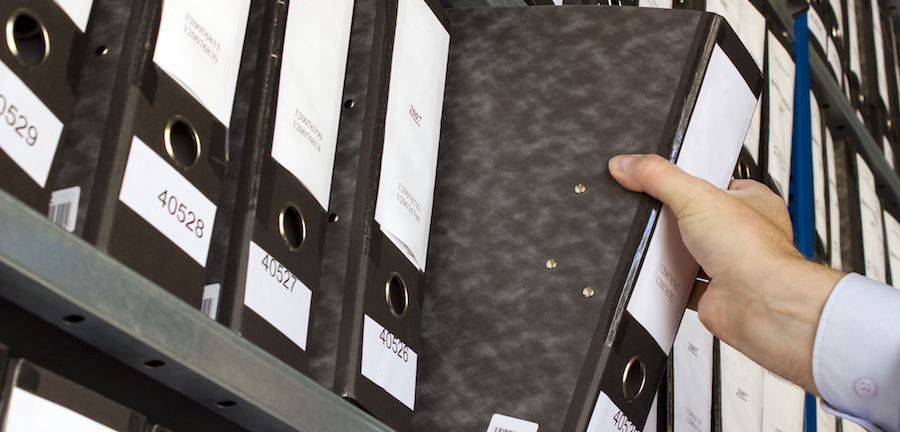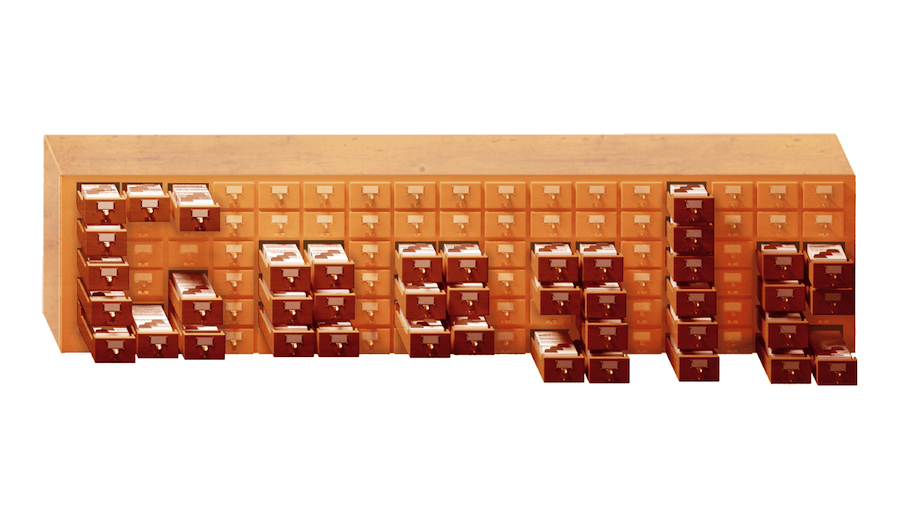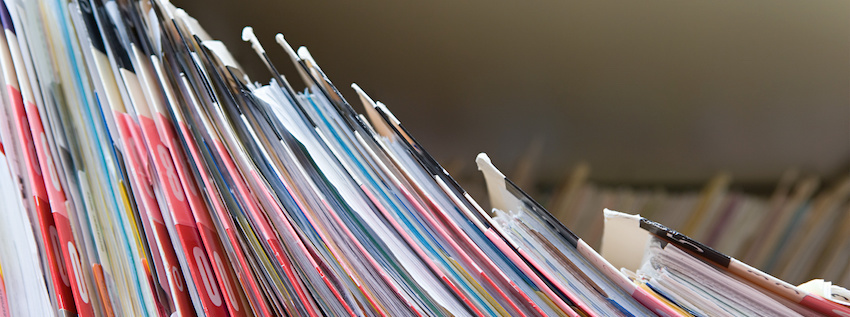The importance of archiving historical records cannot be overestimated. Archives from the past are the most useful and impressive sources we have for navigating and understanding our history, without them a lot about our past would remain completely unknown to us.
Our ancestors were guilty at times of neglecting their duty to protect these documents, and even today many of us are still prone to ignoring the importance of archiving records in a secure environment. The content we create today will become our legacy in the future. We therefore have a duty to look after this content so that others might one day too be able gain privileged access into our lives and work.
Historical Archiving of Records
New technology has meant that we are better able to preserve our historic documents so that future generations will be able glean information from them.
Some of the most profound and influential documents of our history – such as the Great Charter Rights of Freedom signed by King John (1215), on which so many of our liberties today are based, to Thomas Paine’s Rights of Man (1791) a book in which the spirit of an age is arguably captured – have benefitted from this technology.
It is extraordinary that a document that is 800 years old, the Magna Carta, will be safely stored and displayed in the British Library to mark its anniversary this year, such a feat would not be possible without the hard work of those have carefully preserved it all these years.
It isn’t just the grand, political documents made by the big men of history that mark our past. Documents as mundane as household inventories and court rolls have been used as gateways to understand the somewhat lost history of the English masses. These documents have in the past been neglected by historian and owner alike but now the importance of archiving records is at last being recognised.
How Has Archiving Changed?
The content that will mark our history will be radically different to the content of the past. Without being a historian most people would come to two obvious conclusions:
- The majority of our records will be in digital formats.
- A vast amount of this information will be stored online.
In a way this is a shame as the preservation of physical history is perhaps far more rewarding. Indeed, it is remarkable to think that our Facebook profiles or LinkedIn pages might one day become the only public record of our existence. With the ever tightening parameters around the disclosure of information it seems unlikely that many of our other personal records will be open for public viewing anyway.
How To Safeguard Your Records
Physical Backup Still Matters
Although we might be well into the digital age many of us still take pleasure in storing family photos and physical documents belonging to our ancestors as mementos of our heritage. The importance of these items to our sense of identity and self cannot be quantified.
Many of us would prioritise the retrieval of family photos in the event of a natural disaster at our own homes.
None of us can be completely sure when our homes might become victim to the elements – whether it be fire or flood – but it isn’t just natural disasters that can destroy documents. Damage to documents can be caused by a number of less extreme environmental factors such as humidity and damp, which are common in most attics and basements.
With all these environmental factors to consider it becomes even more important to store your documents somewhere safe. Protecting family memories and heritage is often (subjectively) more important than storing boxes of corporate records.
Only Store In Appropriate Facilities
An offsite storage company can help consumers and businesses archiving records securely at low cost, meaning peace of mind when it comes to the protection, preservation, transport and retention of important records. Every historical document that society has access to now has been carefully handled and maintained for centuries – 800 years in some cases.
Today we frequently forget the importance of looking after our own documents and those of our ancestors. We need to remember how valuable our own histories are and how easily those histories can be lost forever.











